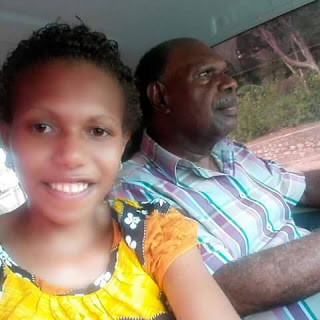Persistent Electoral Issues in Papua New Guinea
by Nelson Wandi
The persistent issues in Papua New Guinea's elections are well-known to its citizens. Every election cycle, the same problems recur, deeply rooted in the country's culture and practices. Political observers, local elites, and anti-corruption activists continue to investigate and expose corrupt practices, but the situation remains dire.
International organizations, such as the United Nations Convention against Corruption (UNCAC) and Transparency International Papua New Guinea (TIPNG), have been actively gathering reports on corruption during elections. TIPNG's reports indicate rampant corruption, with PNG failing to meet the satisfactory levels set by UNCAC.
Corruption in PNG is not just a top-level government issue but starts at the grassroots and permeates up through the structure. High-ranking government officials often engage in corrupt practices like the wantok system, bribery, vote buying, and manipulating the election process. This influences those at lower levels to also engage in corruption.
A recent example of this problem is the chaos in the Lagaip electoral ward by-election, where both national and provincial government officials, including the electoral commissioner, were involved. The controversy centered around the relocation of the counting venue, allegedly to favor a leading candidate, sparking conflict among party members and local residents.
These incidents highlight the larger issue of corruption in PNG, where the government is seen as regressing the nation, risking its future. Elections are manipulated by the government, and this abuse of power is a clear sign of a failing democracy.
Corruption also affects the voters. While they recognize corrupt practices like bribery and vote buying, many still support corrupt politicians, especially when offered jobs in return for votes. This clientelism is more pronounced among those in economic hardship, perpetuating corruption.
PNG has many laws against corruption and numerous agencies dedicated to combating it, including a new Independent Commission against Corruption. However, despite these efforts, public perception is that corruption is an unchangeable norm, and more needs to be done to change this mindset.
Many public sector agencies, including the Royal Papua New Guinea Constabulary and the Office of the Public Prosecutor, are involved in anti-corruption efforts. However, these agencies often lack resources and are themselves plagued by corruption, making it difficult to effectively address the issue.
In conclusion, PNG's struggle with corruption is deep-rooted and complex, involving cultural practices and systemic issues at all levels of government. More effective measures, along with a change in public perception, are crucial to address this enduring problem.








Comments
Post a Comment
Please free to leave comments.